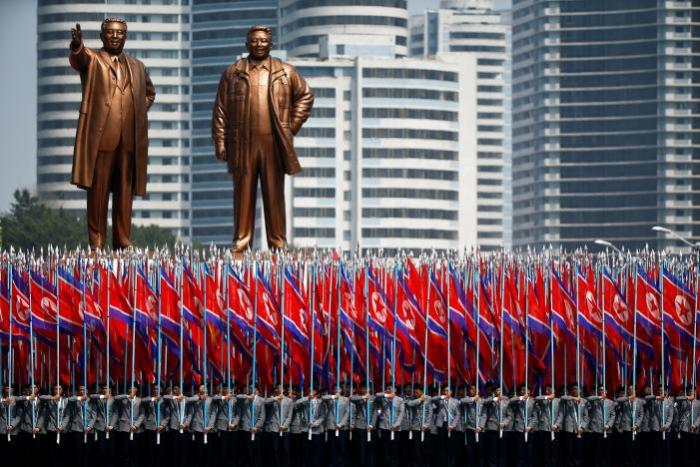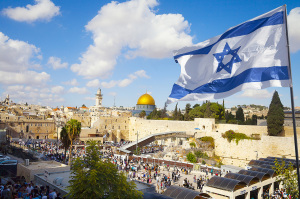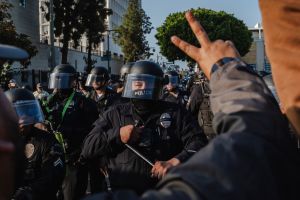Which Country Has the Most Human Slaves in the World? Global Index Lists Top 10

North Korea has the most human slaves in the world, according to the 2018 Global Slavery Index, with research showing it is keeping over 2.6 million people in modern day slavery.
Among the nations in the top 10, most are some of the worst persecutors of Christians as well.
The 2018 Global Slavery Index, released last week by the Walk Free Foundation, which compiles statistics and engages in research aimed at ending human slavery, reported that one in every 10 North Korean citizens is forced to work under slavery conditions.
"As a United Nations. Commission of Inquiry has observed, violations of human rights in North Korea are not mere excesses of the state, they are an essential component of the political system," the report noted.
The country with the second highest prevalence of modern slavery is the African nation of Eritrea, described as "a repressive regime that abuses its conscription system to hold its citizens in forced labor for decades."
Rounding out the top 10 are Burundi, the Central African Republic, Afghanistan, Mauritania, South Sudan, Pakistan, Cambodia and Iran.
The analysis showed that although most of these nations are marked by conflict, displacement, and a lack of physical security, the conditions in North Korea, Eritrea, and Burundi stand out considering slavery is mostly imposed by the state.
The slavery index found that there has been some positive development as many world governments strengthen laws aimed at tackling global slavery.
"Protection measures are being strengthened, with improvements in access to justice for adults and children in some countries," it stated.
"Nonetheless, in every country, there are enormous gaps between the estimated size of modern slavery and the small number of victims that are identified. This suggests efforts that exist on paper are not being implemented effectively."
Overall, the report noted that as many as 40.3 million people were living in modern slavery in 2016, more than 70 percent of them women and girls, who are made to work against their will or be forced into marriage.
"In the past five years, 89 million people experienced some form of modern slavery for periods of time ranging from a few days to the whole five years," it added.
When looking at statistics on Christian persecution and religious freedom abuses around the world, North Korea also finds itself at the very top. Persecution watchdog group Open Doors USA listed the isolated Pacific nation at the top of its ranking for the 16th consecutive year this year.
With the exception of Burundi, Cambodia, and South Sudan, the rest of the nations in the top 10 of the Global Slavery Index are also in the top 50 World Watch List by Open Doors.
In its recommendations, the Walk Free Foundation urged governments and businesses to prioritize human rights when engaging with repressive regimes, and backed the financial and trade sanctions imposed by the U.N. Security Council on North Korea.
It warned "that businesses and governments continuing to trade with highly repressive regimes such as North Korea and Eritrea are contributing to the maintenance of forced labor."
Noting that the Global Slavery Index "deepens our understanding of the different contexts where modern slavery is likely to flourish and helps us predict the next flashpoint," the foundation is predicting that the next crisis could be among the Rohingya refugees, who fled genocidal violence committed by the Myanmar government last year.
"If the international community does nothing to address the enormous risks resulting from the mass displacement of hundreds of thousands of Rohingya people to temporary camps in Bangladesh, this will be the next population of deeply exploited and abused people — further compounding and reinforcing what is already a deeply entrenched conflict," the foundation warned.


























